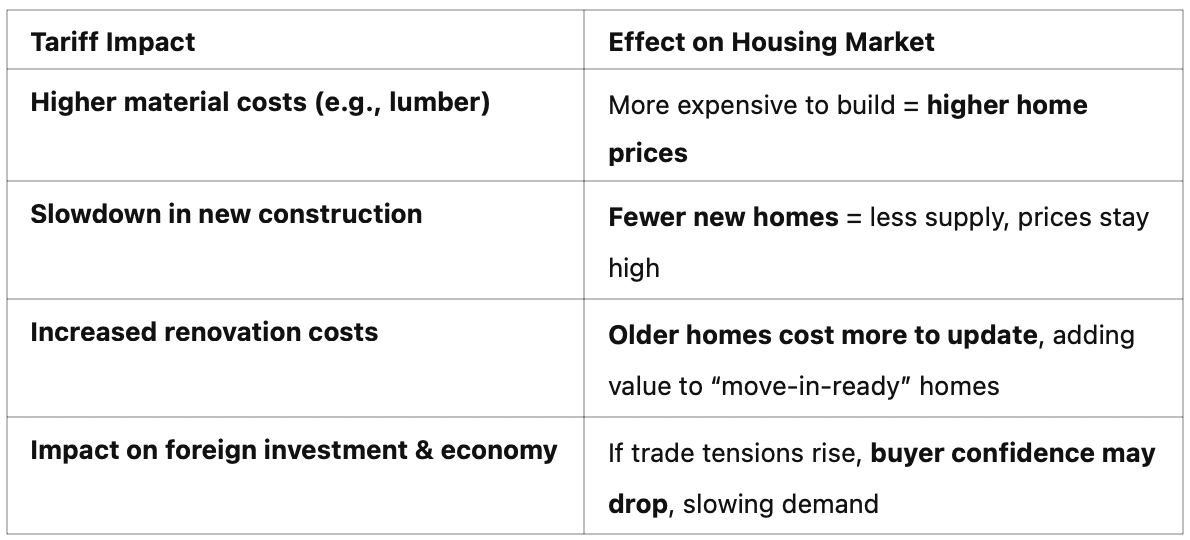I have sold a property at 708 133 Esplanade E in North Vancouver on Dec 1, 2025. See details here
Experience PREMIUM waterfront living at Pinnacle Residences at the Pier in vibrant Lower Lonsdale. This bright 1-bed home blends modern design with a resort-inspired lifestyle: open layout, floor-to-ceiling windows, stone counters, stainless appliances, and private balcony. Enjoy exclusive access to the Pinnacle Hotel’s 4-star amenities: 80’ lap pool, hot tub, sauna, steam, gym, and sun deck overlooking the harbour. Steps to Shipyards cafés, Lonsdale Quay, and the SeaBus. Exceptional value for this PRIME LOCATION ideal as a first home, investment, or chic pied-à-terre. 1 Parking + 1 Storage. PRICED TO SELL.


